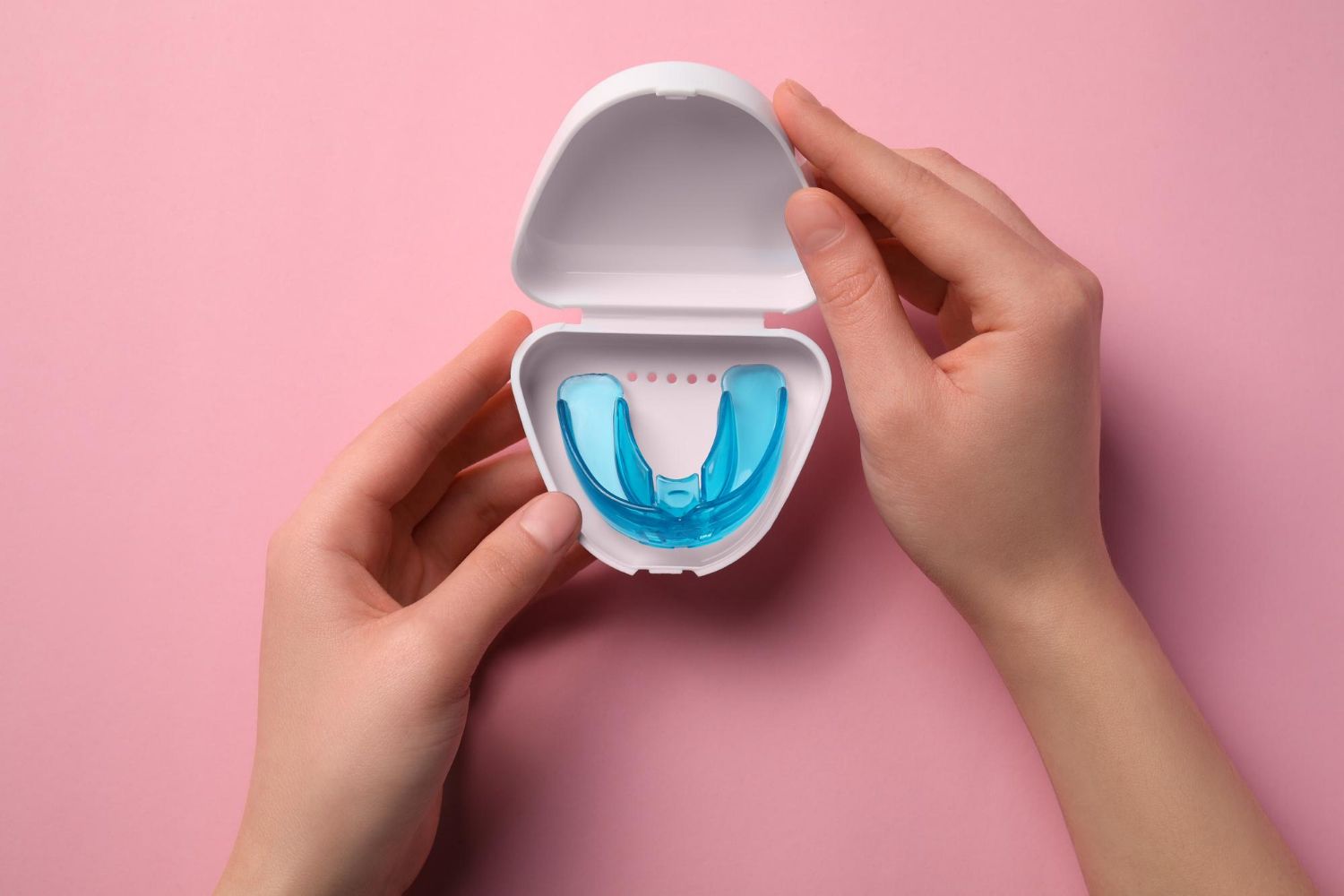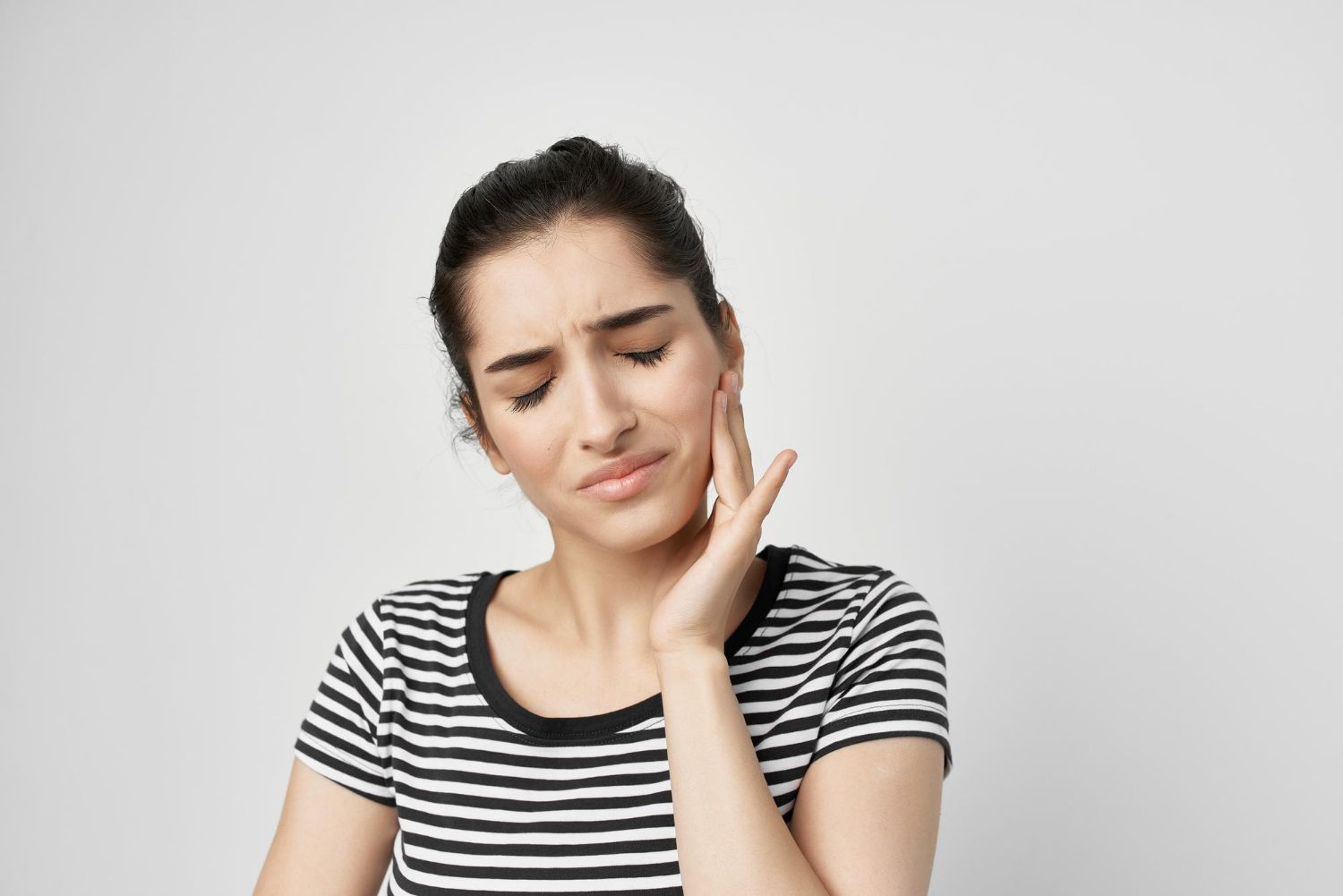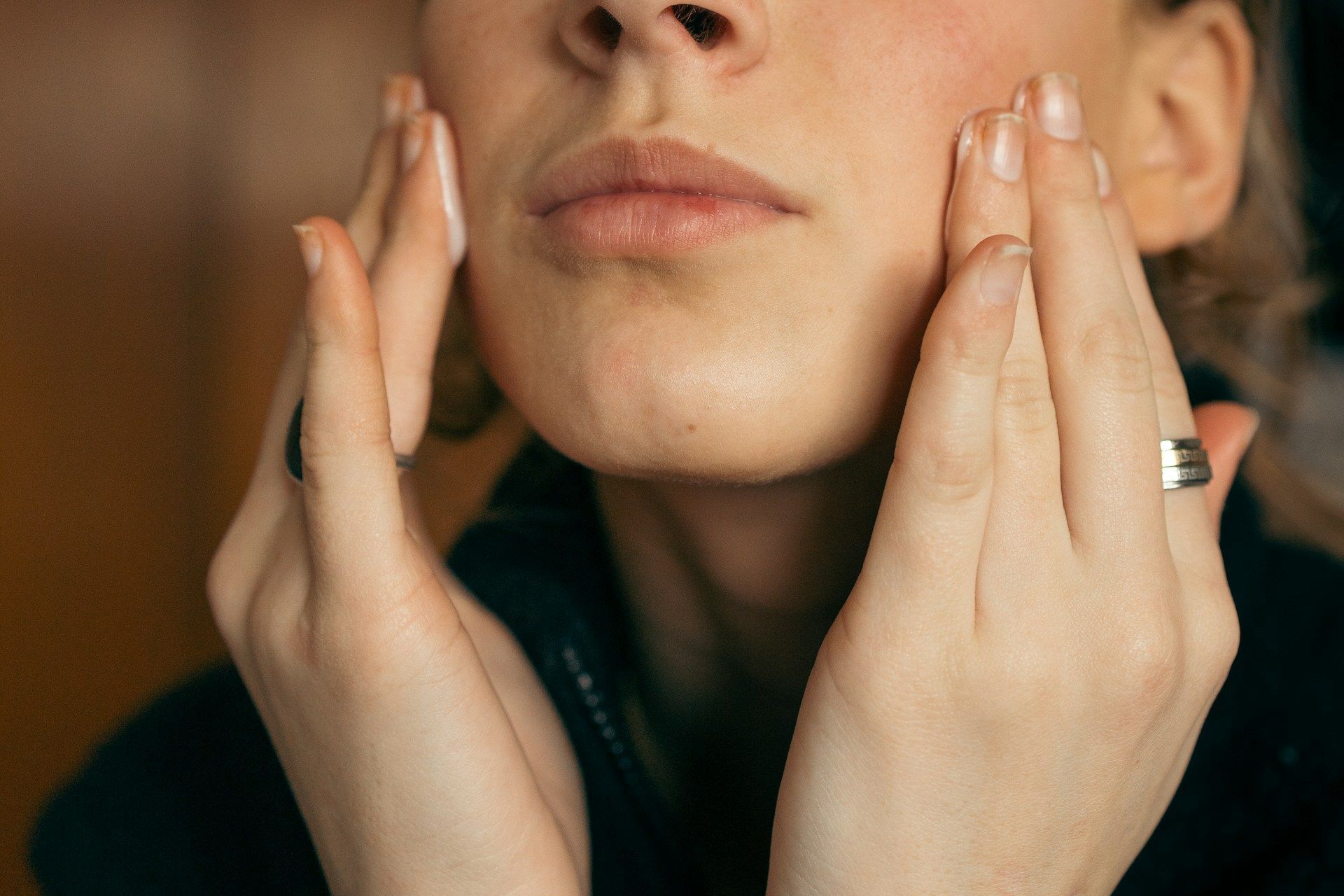Common Issues and Solutions with Oral Appliances

Oral appliances play a crucial role in managing sleep apnea and TMD (temporomandibular joint disorder). These devices are designed to improve our quality of life by reducing symptoms and enhancing overall comfort. However, like any other medical device, oral appliances can sometimes present challenges. Understanding these common issues and knowing how to address them ensures that we get the most benefit from our devices.
Identifying Common Problems with Oral Appliances
One common issue that many people face with oral appliances is poor fit. An appliance that doesn't fit well can cause discomfort and may not work as effectively. You might find that it feels too tight in some areas or too loose in others. A poor fit can also lead to increased saliva production or irritation in the mouth, making it uncomfortable to wear the device for long periods. Misalignment and uneven pressure are other indicators that your appliance isn't fitting correctly.
Another frequent problem is discomfort, especially when you first start using the appliance. This discomfort can manifest as soreness in the jaw, teeth, or gums. Some users also experience difficulty speaking or swallowing when initially adjusting to the device. Over time, if these issues aren't addressed, they can get worse and reduce the effectiveness of the appliance. Recognizing these problems early allows us to address them and make necessary adjustments.
Effective Solutions for Poor Fit and Discomfort
Dealing with a poorly fitting oral appliance can be frustrating, but there are effective solutions. Dr. Brian Briesemeister advises scheduling an adjustment appointment as soon as you notice any issues with the fit. During this visit, he can make the necessary adjustments to ensure the appliance fits comfortably and works correctly. Regular follow-up appointments are also crucial as they help monitor the fit and make adjustments as needed over time.
For discomfort, allow yourself some time to get used to the device. It's normal to experience some initial soreness or irritation. Dr. Brian Briesemeister suggests starting with wearing the appliance for shorter periods and gradually increasing the time as you get more comfortable. Using over-the-counter pain relief or applying a mild oral gel can help ease the discomfort. If the discomfort persists, don't hesitate to consult Dr. Briesemeister for further advice and possible adjustments to your appliance.
Addressing Cleaning and Maintenance Challenges
Proper cleaning and maintenance are crucial for the effectiveness and longevity of oral appliances. One common challenge is the buildup of plaque and bacteria, which can lead to odors and mouth infections. To prevent this, it's essential to clean your appliance daily. Use a soft toothbrush and a mild, non-abrasive soap to scrub the appliance gently. Avoid using toothpaste as it may be too abrasive and cause damage.
Another challenge is ensuring the appliance remains free from damage. Dropping or handling it roughly can cause cracking or warping. Dr. Brian Briesemeister recommends storing the appliance in its protective case whenever it’s not in use. Additionally, keeping the appliance away from extreme temperatures is crucial, as heat can warp the plastic. Regular inspections by Dr. Briesemeister can also help catch any potential issues early, allowing for timely repairs or adjustments.
Dr. Brian Briesemeister’s Expert Tips for Long-Term Success
Achieving long-term success with oral appliances is possible with the right approach. Dr. Brian Briesemeister suggests establishing a consistent routine for wearing and cleaning the appliance. Set a specific time each day to clean it thoroughly, and follow any additional care instructions provided. Consistency ensures that the appliance continues to fit well and function effectively.
Regular follow-up appointments with Dr. Briesemeister are essential for long-term success. During these visits, he can check the fit of the appliance and make any necessary adjustments. This proactive approach helps prevent minor issues from becoming major problems. Staying informed about new care techniques and materials can also contribute to the effective use of your oral appliance.
Conclusion
Oral appliances can greatly improve our quality of life by managing the symptoms of sleep apnea and TMD. However, like any medical device, they require proper care and maintenance to remain effective. Addressing common issues such as poor fit, discomfort, and cleaning challenges is crucial for getting the best results. Dr. Brian Briesemeister in Chesapeake, Virginia, provides invaluable insights and tips for ensuring that our oral appliances stay in optimal condition for the long term.
Regular maintenance, consistent care, and professional check-ups can make all the difference in the effectiveness of an oral appliance. By understanding and following Dr. Briesemeister’s expert advice, we can overcome common challenges and enjoy the benefits of our appliances for many years to come.
For personalized care and expert guidance on oral appliance maintenance, schedule a consultation with Dr. Brian Briesemeister at The Center For Sleep Apnea and TMJ. Take the first step toward better sleep and TMD relief today with our
sleep appliance solutions!










